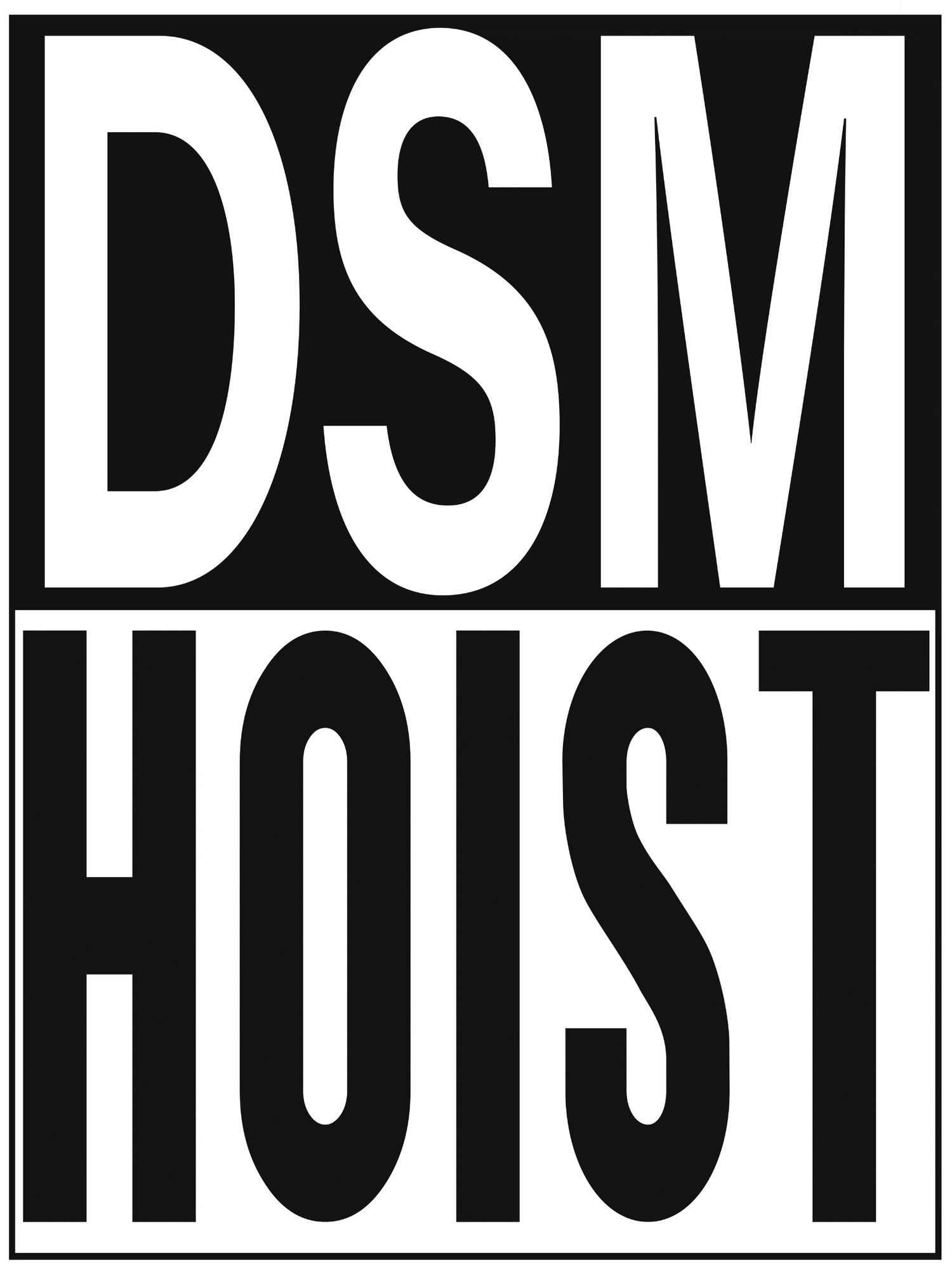Shock loading happens when a hoist suddenly carries a heavier load than it can handle, usually due to quick movements or dropping loads. This can lead to several dangers, including:
Equipment Failure: Hoists can wear out from carrying loads beyond their limits, leading to breakdowns and costly repairs.
Loss of Load Control: A sudden increase in load can make it hard for operators to maintain control, risking drops that could harm people or damage property.
~ Injury to Personnel: Unexpected loads can seriously injure workers, with falling items causing crush injuries or operators losing balance.
~ Risks of Damage: Both the hoist and the lifted items can be damaged, affecting the integrity of the load and the equipment.
Increased Wear on Components: Frequent shock loads put extra stress on hoist parts, leading to quicker wear and more maintenance.
To prevent shock loading, follow safe lifting practices, apply loads gradually, and avoid sudden movements. Regular inspections and adherence to manufacturer guidelines can help keep hoisting operations safe and reliable.
If your facility is experiencing concerns with current procedures or other practices that leave you thinking there must be a better way, don’t hesitate to call us. Lets visit & possibly schedule a time for a tour of your facility & see how we can help you, either by creating an operator training course for your workers or if it’s equipment derived, we can pinpoint the issues and suggest potential solutions. Looking forward to our visit,




















